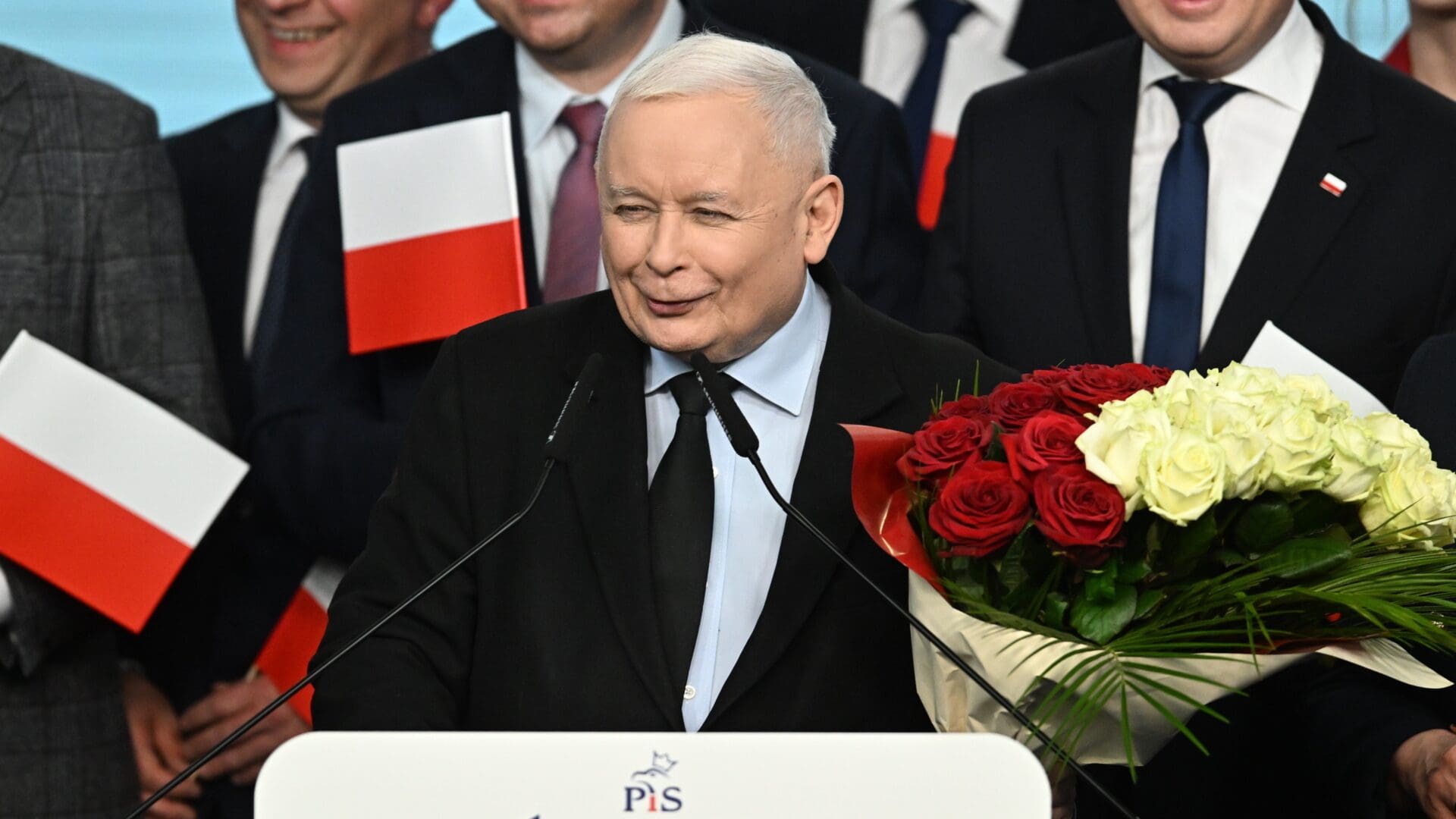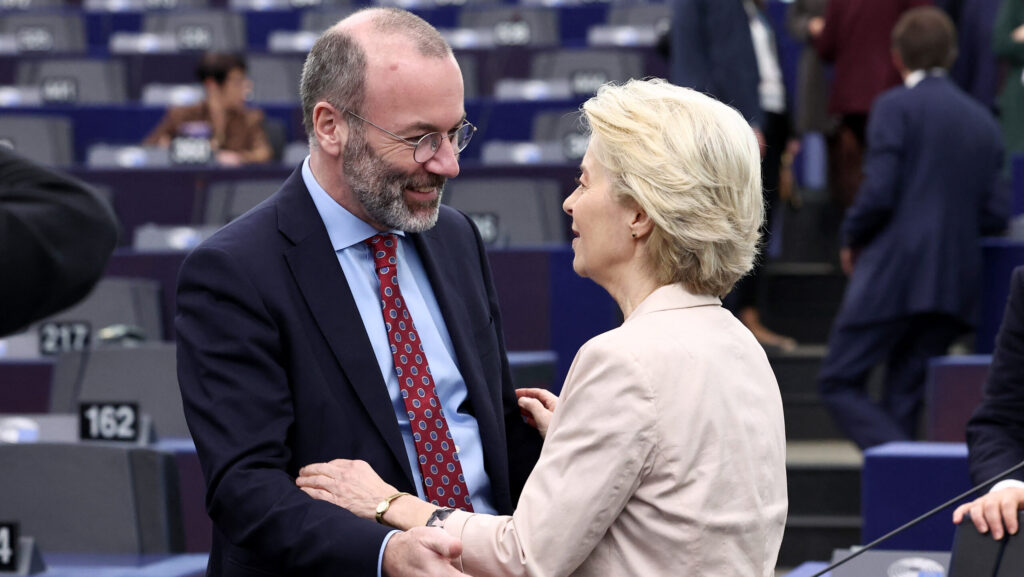Just months after the general election in October 2023, Poland had its local elections last weekend. For PiS it was its first election campaign from opposition since 2015. The Civic Coalition (KO), who is now the largest party in the incumbent coalition government, decided to run independently from its smaller coalition partners, the Third Way and the Left. Turnout was not particularly high, 52 per cent, 3 percentage points lower than in 2018.
Similarly to the general elections, PiS came in first in the local elections held on 7 April, with 34.27 per cent of the vote, thereby winning the largest share of seats in seven regional councils. The Civic Coalition came in second, receiving 30.59 per cent of the vote, becoming the largest party in nine regional councils (out of Poland’s sixteen provinces). Being the largest party in regional parliaments does not grant PiS control over these provinces, however; much will depend on the coalitions that will be formed in the coming weeks. Chances are that (just as on the national level KO cooperates with the Third Way and the Left) most of the sixteen provinces will be under the political influence of the current governing party.
Despite widespread predictions that the Civic Coalition will succeed in taking the first place in the regional elections and PiS will face a ‘collapse’, the right-wing party can now arguably celebrate a sort of victory. The election demonstrated that, despite expectations to the contrary,
PiS is still a considerable political power in Poland with an electoral base it can mobilize and rely on.
PiS leader Jarosław Kaczyński soberly summarized in its victory speech the party’s sentiment: ‘[It] should, above all, be an incentive for us to work, because it turns out that [for] those who wanted to bury us already, as Mark Twain once said: “The reports of my death are greatly exaggerated.”’
Many, however, would rightly say that there is in fact not that much to celebrate. The parties that form the ruling coalition collected more than 50 per cent of the vote, so in reality the same scenario has repeated itself as in late 2023 in the parliamentary elections. PiS came first, but it lacked the majority to form a government. In fact, the results now are not that dissimilar to the ones from the 2023 parliamentary elections:
- PiS in local elections: 34.27 per cent; PiS in parliamentary elections: 35.4 per cent
- Civic Coalition in local elections: 30.59 per cent; Civic Coalition in parliamentary elections: 30.7 per cent
- Third Way in local elections: 14.25 per cent; Third Way in parliamentary elections: 14.4 per cent
But there are some nuances to consider. The international press widely interpreted as PiS’ failure the fact that it did not win any of the 100 largest cities in Poland. However, the rather liberal-leaning cities have never been very receptive to the right-wing politics of the Law and Justice party. Warsaw’s incumbent major Rafał Trzaskowski won with an absolute majority of 57.4 per cent, comfortably defeating the PiS candidate Tobiasz Bocheński, who came second but won only just over 23 per cent of the vote, without a need for a second turn. The focus on the ruling coalition’s success in the cities can be misleading, however, as PiS’ core base never came from larger settlements; the party instead has always relied more on its rural electorate among whom it performed well or at least similarly to how it did in October last year.
Local elections are an important episode in the power play for leadership in the two largest Polish parties. After the ultimate defeat of his party in the general election Jarosław Kaczyński came under heavy criticism with demands that he resign and take responsibility for the electoral failure. PiS coming out on top on 7 April
is expected to silence these voices and stabilize Kaczyński’s position.
The opposite can be said about Donald Tusk’s leadership in the Civic Coalition. While during the general election the then-opposition’s general sentiment was urging the electorate to vote for anyone else than PiS, now Tusk called voters to cast their ballots for KO that run separately from its coalition partners. Nevertheless, the party did not win a higher percentage of votes than in October. Thus the ambitious major, Rafał Trzaskowski who secured an absolute majority in the capital, significantly outperformed his party. Rafał Trzaskowski is known to be eyeing the presidential role, and Donald Tusk is also believed to have similar ambitions. The strengthening of Rafał Trzaskowski within the party might diminish Tusk’s chance of gaining KO’s nomination as Poland slowly prepares for presidential elections that are scheduled to take place in May 2025.
Overall, coming in first on the national level can be a strong confidence booster for PiS and its electorate consolidating its new identity as an opposition party. Facing the future with confidence is vital not only due to the 2025 Polish presidential elections, but also as the European right prepares for the European Parliament elections on 6–9 June 2024.








